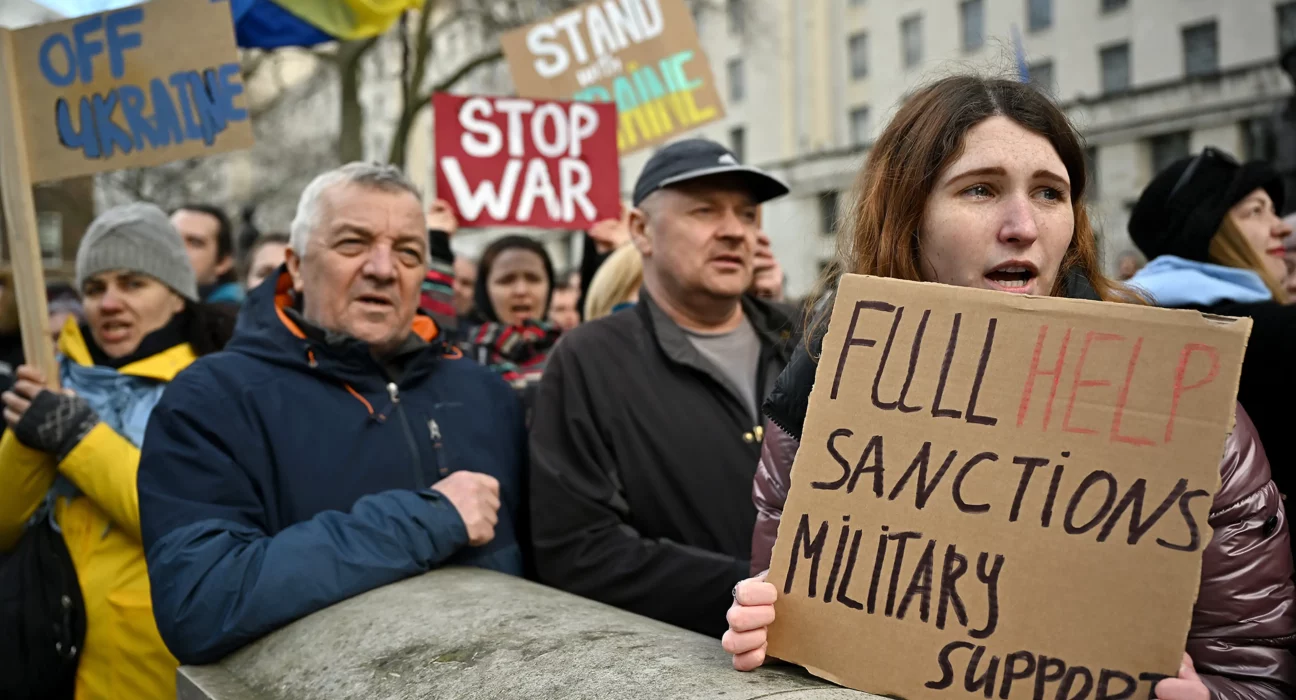Impact of International Sanctions on Everyday Citizens in Targeted Nations

Introduction
International sanctions are powerful tools employed by governments or international bodies to influence the behavior of a country, often in response to violations of human rights, aggressive military actions, or the pursuit of nuclear weapons. While sanctions are aimed at pressuring governments or political elites, the impact on ordinary citizens is profound and multifaceted. These sanctions, which can take the form of trade restrictions, financial freezes, or other economic measures, frequently cause unintended consequences that exacerbate the hardships faced by the most vulnerable populations. This article examines the social, economic, and psychological effects of international sanctions on everyday citizens, shedding light on the challenges they face in countries subjected to these measures.
The Economic Impact on Ordinary Citizens
One of the most immediate and visible effects of international sanctions on ordinary citizens is economic hardship. Sanctions often target key sectors of a nation’s economy, such as energy, finance, or trade, leading to shortages in essential goods, inflation, and unemployment. For citizens in sanctioned countries, the cost of living can rise dramatically as the price of imported goods increases or becomes scarce. Basic commodities such as food, medicine, and fuel become harder to obtain, while wages stagnate or decrease due to the economic downturn.
In countries heavily dependent on international trade, sanctions can lead to a collapse of key industries, making it difficult for workers to find stable employment. For example, sanctions imposed on countries like Iran, Venezuela, and North Korea have led to significant drops in oil exports, resulting in mass job losses in energy-dependent sectors. For everyday citizens, this creates an economic environment marked by uncertainty and poverty.
Additionally, sanctions can limit access to foreign investments, foreign currency, and credit, further destabilizing the economy. In countries already struggling with economic challenges, such as high inflation or debt, sanctions can exacerbate these issues and lead to a downward spiral, where the government’s ability to address the basic needs of its citizens is further diminished.
Health and Social Welfare Strains
The social consequences of international sanctions are often severe, particularly in relation to healthcare and social services. In countries facing sanctions, medical supplies, equipment, and medicines become difficult to import due to trade restrictions, leading to a deterioration in the quality and availability of healthcare. Hospitals may lack essential medicines, and treatments for chronic illnesses or rare diseases may become out of reach for the average citizen.
The lack of access to necessary medical treatments can lead to higher mortality rates, especially for vulnerable populations like children, the elderly, and those with pre-existing health conditions. Diseases that could have been easily treated or prevented may spread unchecked due to the scarcity of resources. This creates a public health crisis that not only affects individuals but also places immense pressure on the healthcare system, which may already be operating under limited capacity due to sanctions.
Furthermore, sanctions can negatively impact social welfare programs, including education, housing, and food aid. With limited funds and resources, governments may struggle to maintain these essential services, which further intensifies poverty and inequality. Citizens who rely on social welfare programs for basic necessities may find these services reduced or unavailable, leaving them with few avenues for survival.
Psychological and Social Effects
The psychological toll of living under international sanctions is often overlooked, but it is profound. Constant economic uncertainty, social instability, and a lack of access to basic needs create an environment of stress, anxiety, and hopelessness for many citizens. The feeling of being trapped in a system over which they have little control can lead to a sense of powerlessness and alienation from their own government and the international community.
For many, the constant struggle for survival in the face of limited resources fosters frustration, anger, and a sense of injustice. The psychological burden of these sanctions can affect mental health, contributing to rising levels of depression, anxiety disorders, and even suicides. This mental health crisis is compounded by a lack of psychological support or mental health services, which are often the first areas to be cut back when governments face economic pressure from sanctions.
Socially, sanctions can erode trust within communities and between citizens and the state. In many cases, citizens may feel that the sanctions are unjustly punishing them for the actions of their leaders, leading to a growing sense of resentment and disillusionment with both the international community and their own government. This social strain can also lead to an increase in civil unrest, protests, and demonstrations, as citizens seek to voice their opposition to the sanctions and the negative impact they are having on their daily lives.
Long-Term Consequences for Future Generations
The long-term consequences of international sanctions on everyday citizens are significant and often felt for generations. When a nation’s economy is severely impacted, it can hinder the ability of future generations to thrive. Educational opportunities may be limited as families struggle to afford school fees or basic school supplies. With a weakened education system and limited opportunities for higher education, young people in sanctioned nations may face diminished prospects for employment and economic stability.
This creates a cycle of poverty and social inequality that is difficult to break, as future generations inherit the disadvantages faced by their parents. Without access to the resources needed for personal and professional growth, individuals may find themselves trapped in a cycle of limited opportunities and systemic disadvantage. Moreover, the long-term psychological and social effects of living under sanctions may shape the values and beliefs of the younger generation, leading to a lack of trust in the international community and a deepened sense of resentment towards external powers.
The Role of International Support and Humanitarian Aid
While sanctions are often imposed with the aim of influencing a government’s behavior, the unintended consequence is the negative impact on the general population. Therefore, international support and humanitarian aid play a crucial role in alleviating the hardship faced by citizens in sanctioned countries. Aid organizations, both governmental and non-governmental, can provide essential services such as food, medicine, and emergency healthcare, helping to mitigate the effects of sanctions.
Additionally, efforts to build partnerships with local organizations can ensure that aid reaches the most vulnerable populations, such as children, the elderly, and those with chronic illnesses. However, delivering humanitarian aid in countries under sanctions is often complicated by logistical challenges, bureaucratic red tape, and the risk of aid being politicized.
Conclusion
The impact of international sanctions on everyday citizens in targeted nations is complex and far-reaching. While sanctions may be intended to pressure governments to change their policies or behavior, the consequences for ordinary citizens can be devastating. Economic hardship, deteriorating health services, psychological stress, and social instability are just some of the challenges faced by individuals living in countries under sanctions. The long-term effects can shape the future of entire generations, hindering their potential and perpetuating cycles of poverty and discontent.
Addressing the humanitarian impact of sanctions requires a balanced approach that considers the well-being of civilians while continuing to exert pressure on governments to meet international standards. It is essential to find ways to minimize the collateral damage on ordinary people, including increasing support for humanitarian aid, providing access to essential goods, and fostering dialogue between governments and international bodies to ensure that sanctions achieve their desired goals without unnecessarily harming vulnerable populations.










